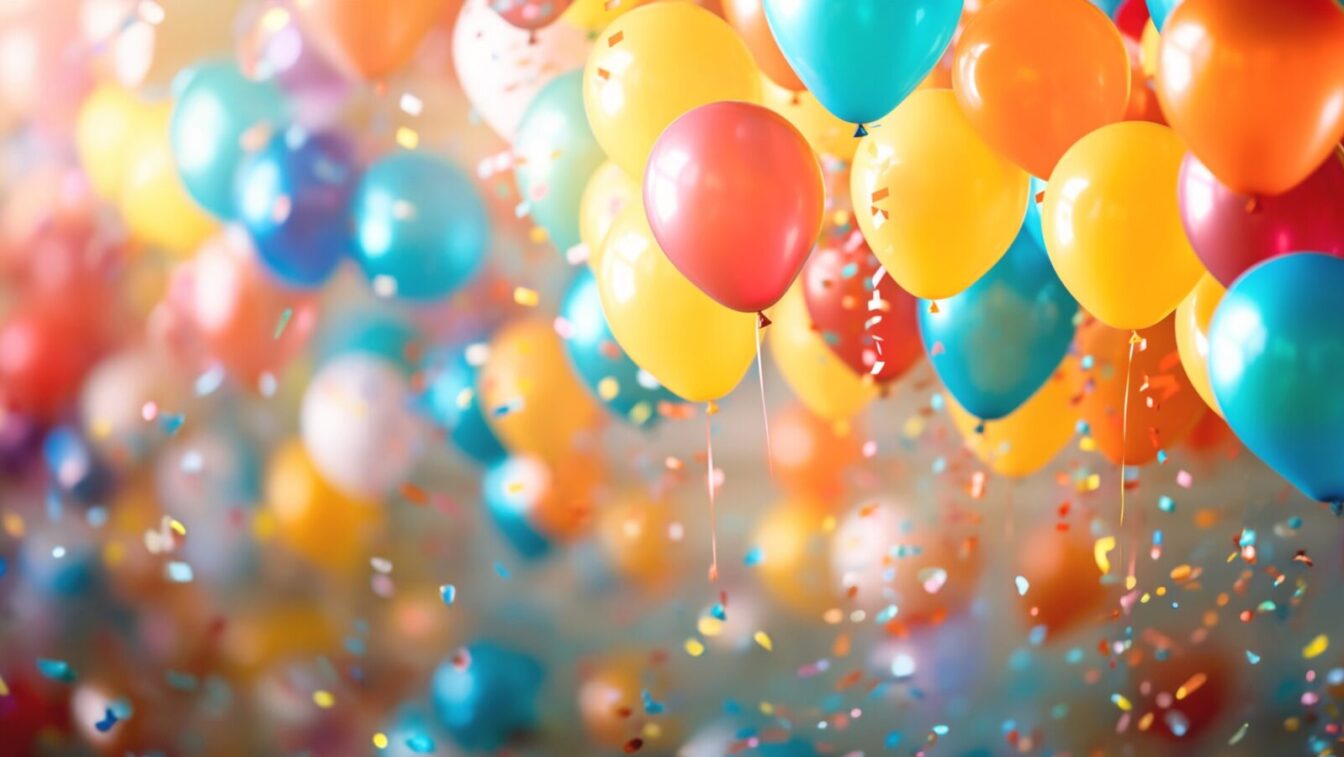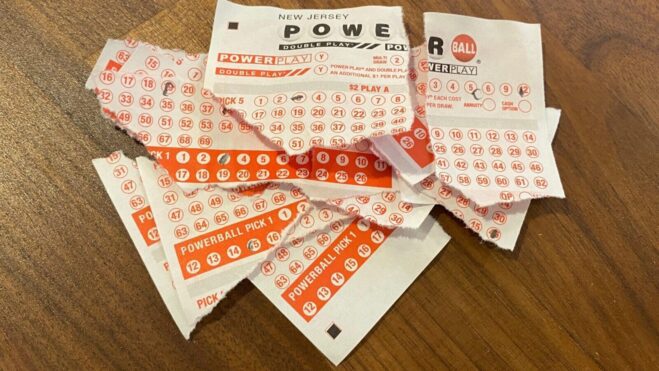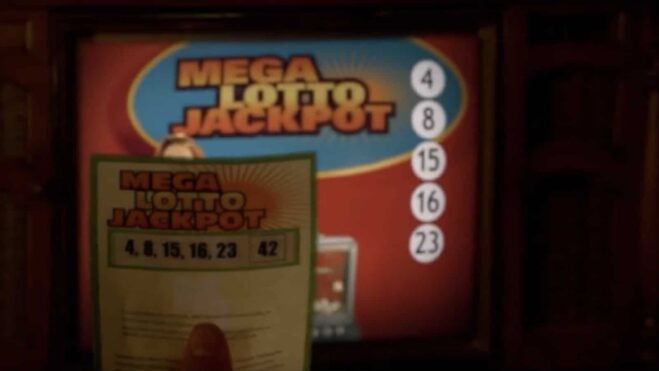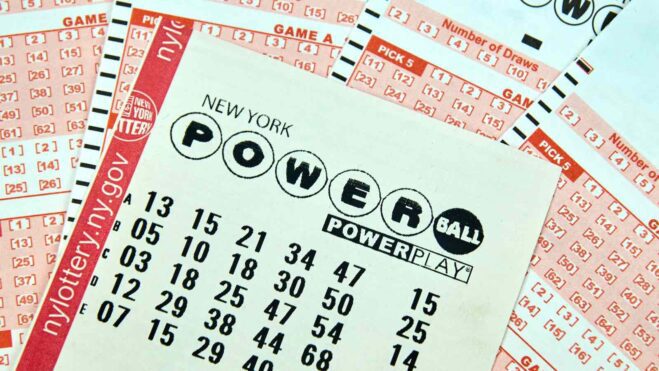No, California Isn’t Stealing Your Mega Millions, And Other Lottery Conspiracy Theories
When it comes to lottery conspiracies, the truth is less exciting than social media would have you believe
4 min
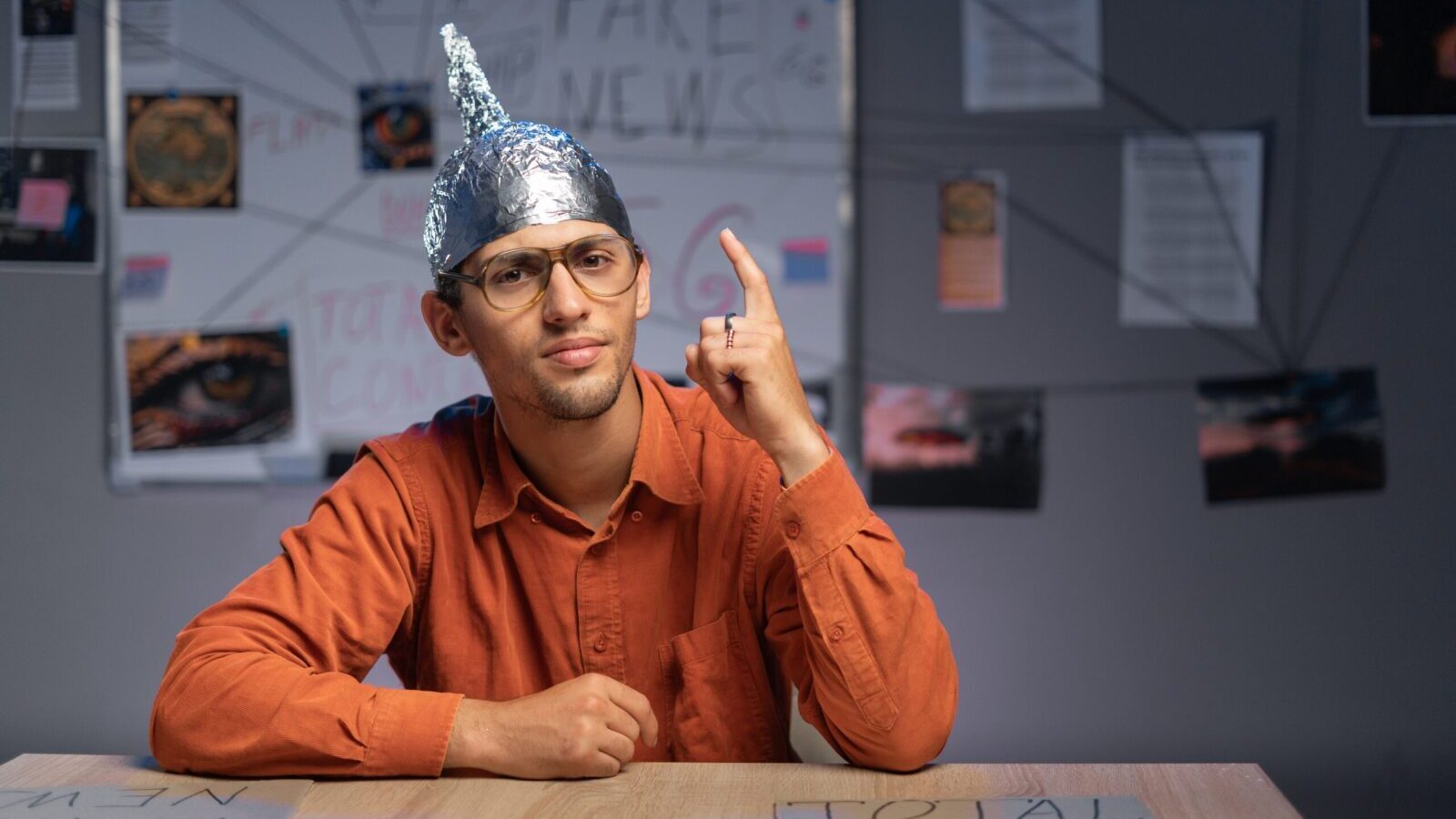
Sure, everyone knows that the moon landing was staged by Stanley Kubrick, and it’s clear as day that Paul McCartney died in 1966 and was replaced by a lookalike — just play George Harrison’s “It’s Johnny’s Birthday” in reverse and you’ll hear the proof.
Yes. Those are the obvious conspiracies The Man has been trying to get over on us for decades.
But here’s one you may not be so hip to: Did ya know the lottery is rigged? Oh yeah. Big time rigged. Just look at the social media site X and the recent Mega Millions drawing that netted the “winner” $1.22 billion. It’s a California plot, boy-o.
One user, in fact, predicted it!
Of course, this came to pass, and the truth was exposed by eagle-eyed watchers of the deep state immediately.
So … we clearly have irrefutable evidence that the lottery, in this case, the Mega Millions, is a big ol’ sham and —
All right. I can’t do this anymore. What the holy [expletive] [expletive], people? Is this where we’re at as a society, that everyday Americans are taking to social media to claim the lottery is fixed? Really? REALLY?
‘Everything is rigged’
“There are people with a worldview such that when they get up in the morning and look out the window, everything to them is rigged,” Dr. Joseph E. Uscinski, a political scientist at the University of Miami and co-author of American Conspiracy Theories, told Lottery Geeks. “And it’s always rigged by people who they already don’t like.”
Uscinski said that generally speaking, people who believe in conspiracies are usually not limited to one item, such as the lottery. It’s just the way they see the world, seeing everything stacked against them.
He said there are two types of conspiracy believers: the casual ones, people who may have heard a whisper about something but can be persuaded otherwise; and the more fundamental among us, who won’t — and perhaps can’t — be convinced otherwise.
“For someone who has this belief because it’s an expression of their underlying worldview, it’s going to be very hard to change their mind, and even if you do, it doesn’t really matter much because they still have that worldview,” Uscinski said. “I mean, go and try and talk someone out of their political party, or the candidate they support, or their religion. They’re not going to change their mind just because you send them a fact check or a link.”
As to why people are like this, at this stage in the game, even experts like Uscinski aren’t really sure.
“I wish I had a better answer for you like, ‘Oh, they were dropped on their head as a kid and that’s why they have it,’” Uscinski quipped. “But we’ve only really been studying conspiracy theory beliefs for the last 15 years and we just haven’t had time to track people over the long term to see how these worldviews develop.”
But one reason some people believe in conspiracies? Because sometimes … they check out.
“It’s not something that’s outside the range of possibility, because some things are indeed corrupt from time to time and some things do get rigged,” Uscinski said.
But it’s been rigged before!
In the case of the lottery, one reason people may think the fix is in is because it has been rigged before, which isn’t exactly helping the “don’t be silly, it’s not rigged” side.
The most recent major example was the Hot Lotto fraud scandal, which only fully came to light in 2017.
Eddie Tipton was an information security director for the Multi-State Lottery Association who is now doing 25 years for futzing with a random number generator with the now-sidelined Hot Lotto game. He also confessed to rigging lotteries in five states.
Another famous example is 1980’s Pennsylvania Lottery scandal, in which Nick Perry, the host of the Pennsylvania Lottery, was sentenced to seven years for switching out some of the lottery balls with weighted replicas, boosting the chances of certain numbers popping out. The story was later dramatized in the 2000 movie Lucky Numbers.
OK, so maybe the lottery can be rigged. But certainly, we’ve come a long way, right?
Official word
“Official lottery drawings are carefully watched, closely scrutinized, and certified by independent auditors — as they should be,” said a spokesperson for the North American Association of State and Provincial Lotteries (NASPL). “Comprehensive and often tedious security measures and drawing procedures are standard across the industry and crucial to the success of any lottery. As a general rule, all government-sanctioned lotteries are subject to internal and independent audits to verify that their equipment and processes are providing random results. Equipment used for drawings is regularly tested and procedures are recorded on video in the presence of witnesses. In addition, the machines are securely stored, often in a locked vault, and accessed by a limited number of authorized personnel.”
In short: These days, it would take a real Herculean effort to get one over on any state lottery.
“While the precise methods vary from state to state, all lotteries have multi-faceted checks and balances to ensure the accuracy, honesty, and transparency of every drawing that is conducted,” the spokesperson continued. “These measures are vital in maintaining player confidence and ensuring the public that the integrity of the lottery is reflected in each and every drawing.”
Of course, just because someone at the NASPL says the lottery isn’t rigged isn’t going to change the minds — as Uscinski pointed out — of people who believe otherwise. Nor would a fact check or a link.
Speaking of …
That notion that Californians win the Mega Millions an inordinate amount of times? Well, California joined Mega Millions on June 22, 2005.
There have been 35 jackpot-winning tickets sold in California since that date. There have been 182 total jackpots won in that time.
Meaning 19.2% of Mega Millions winners since California joined have come from California.
Worth noting: Nearly 12% of the population lives in California. Further worth noting: When California first joined Mega Millions, they were the 12th state to join. And they remained the 12th state for nearly five years, garnering 11 of those 35 jackpots in that time. Since then, another 34 states (and D.C.) have joined, meaning, in the last 14 years, there have been 24 instances of ticket-buyers in California winning Mega Millions. Not exactly fix-worthy numbers. Clearly the math checks out, or close enough.
Now. About that Lee Harvey Oswald fella …

